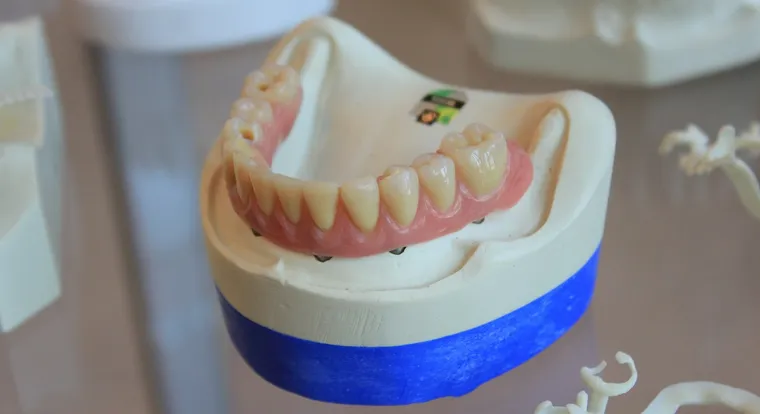Dentures are dental devices designed to replace missing teeth. They can be either full or partial, depending on the number of teeth needing replacement. The pricing structure for dentures varies based on multiple factors, including materials used, the complexity of the case, geographical location, and additional services or treatments provided. Below is an overview of the price ranges associated with denture options.
Firstly, full dentures, which are used when all teeth in the jaw are missing, typically fall in the price range of $1,520 to $3,648. The cost of these dentures can fluctuate depending on whether they are conventional or immediate. Conventional dentures, which are created after healing from tooth extraction, can take several weeks to produce. Conversely, immediate dentures allow patients to receive their dentures on the same day as tooth removal, often resulting in a higher price tag. On average, immediate dentures cost about $1,520 to $3,648, more than conventional options.
Partial dentures serve a different purpose, filling gaps where some natural teeth remain. The cost for partial dentures varies notably due to the materials involved. There are plastic (acrylic), metal, and flexible options available, with prices generally ranging from $1,520 to $3,648. Each type has its own benefits and disadvantages, often requiring discussions with a dentist to determine the most suitable choice for the specific individual.
The materials used in dentures significantly influence the final price. Basic acrylic dentures tend to be the most affordable option, while higher-end materials like porcelain can elevate costs considerably, potentially reaching $1,520 to $3,648, or more. It is also worth noting that premium dentures often offer enhanced aesthetics and durability, leading to a potential long-term cost-saving scenario by minimizing the need for replacements.
In addition to the base cost of dentures, patients should anticipate additional expenses related to fittings, adjustments, and follow-up appointments, which are crucial for ensuring a proper fit and comfort. These services may add approximately $1,520 to $3,648, to the overall price. It’s advisable to discuss these aspects with your dental provider prior to commencing treatment.
Patients considering dentures should also take into account the potential need for oral care products specifically designed to maintain their dentures. Products such as cleaning solutions, brushes, and soak solutions can incur additional monthly or yearly costs, arguably adding to the financial commitment of maintaining dental health post-application.
Insurance coverage may play a crucial role in offsetting expenses related to dentures. It is essential to check with your insurance provider to understand the extent of coverage they offer for dental prostheses. Some insurance policies may cover a portion of the total cost, while others may not cover it at all, indicating the necessity of consulting with insurance representatives prior to proceeding with treatment.
In conclusion, the price of dentures is influenced by numerous factors ranging from the type needed to geographic location and material used, among other unavoidable considerations. Full dentures can range approximately between $1,520 to $3,648, while partials can vary in a different range altogether. Patients need to factor in additional costs for adjustments and necessary care products while also navigating the complexities of insurance coverage. Always consult with qualified dental professionals to acquire a complete understanding, considering that the journey to getting dentures encompasses multiple financial dimensions.

